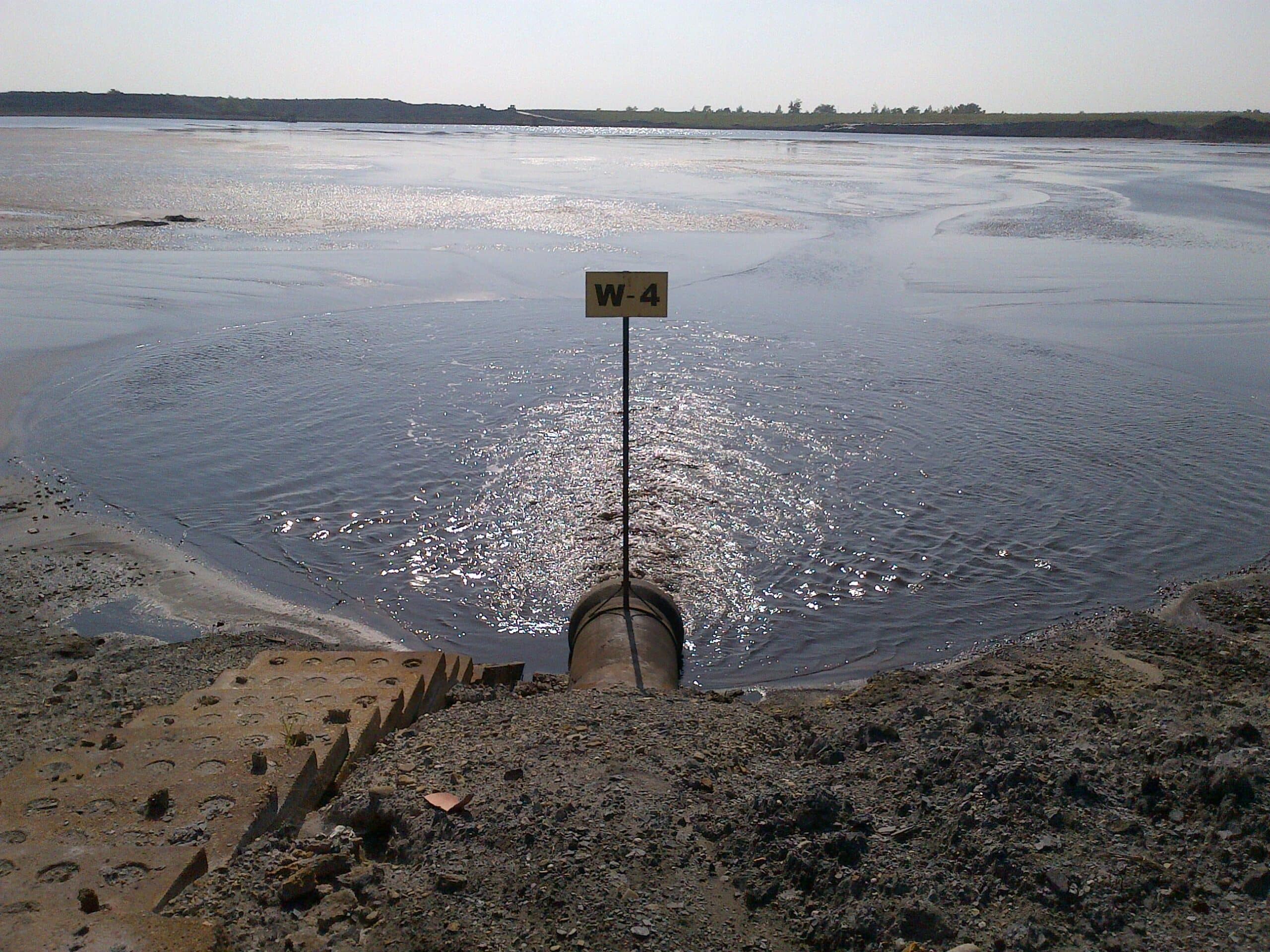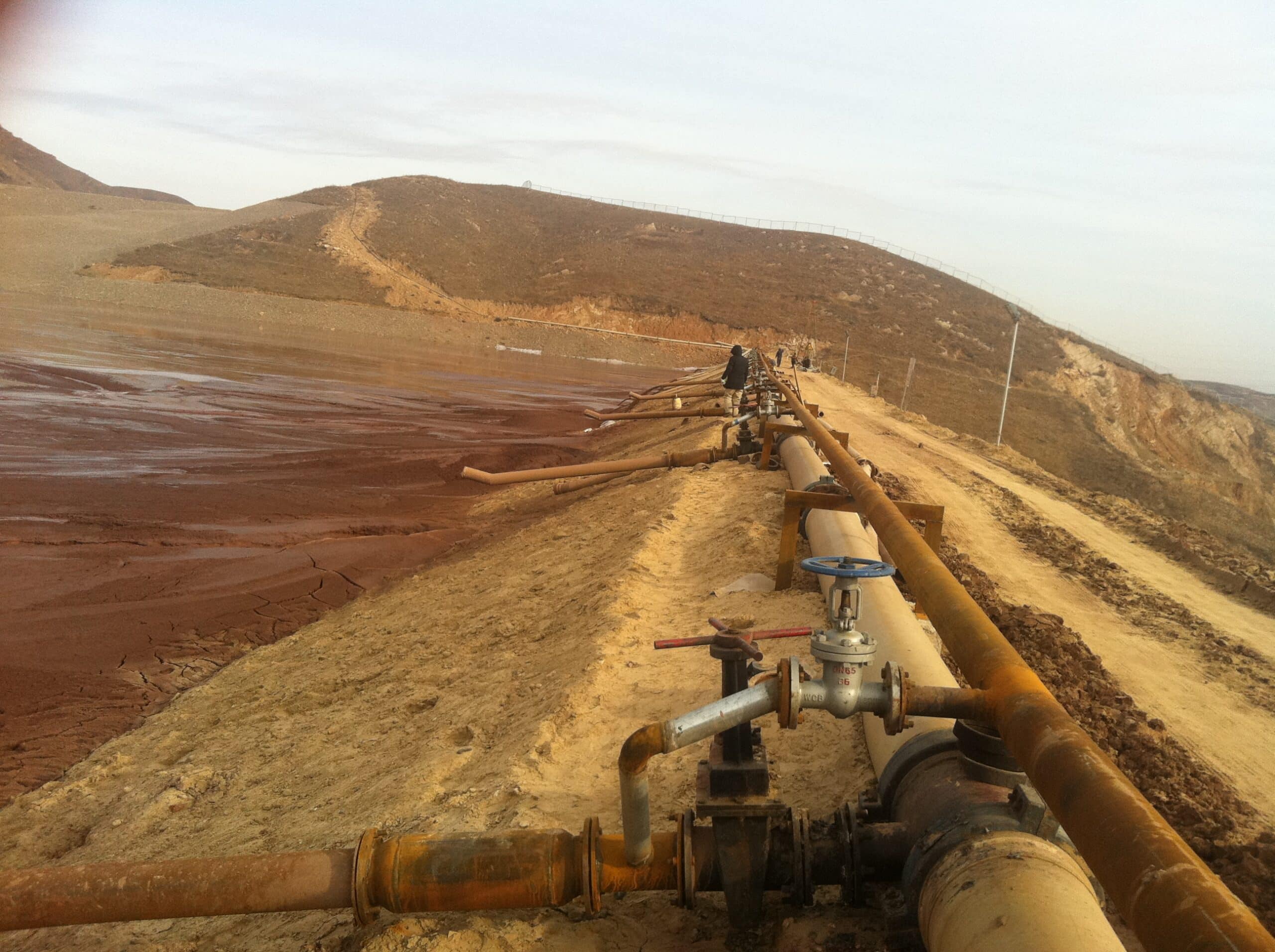Dredging, which involves the removal of underwater sediments, often results in a slurry of water and solid particles. Managing this mix efficiently at the end of the pipe is essential for an economical and more environmentally friendly dredging operation. Water-soluble polymers are effectively used to optimize sediment deposition. They work as flocculants and coagulants to aggregate fine particles, facilitating easier and faster sedimentation. This leads to an improved management of dredged material, reducing costs and mitigating environmental impacts.
Water-soluble polymers have become indispensable tools for end-of-pipe applications in the dredging industry. These organic polymers, including flocculants and coagulants, enhance sediment deposition optimization. Moreover, they optimize settle rates, density, and floc strength while improving the quality and clarity of released and reclaimed water.
Organic Polymers for Sediment Deposition Optimization


Enhancing Settle Rates, Density, and Floc Strength
Water-soluble polymers are also vital for optimizing the settle rates and density of the dredged material. Polymers encourage the formation of larger, denser flocs that settle more quickly and effectively, thus improving the efficiency of the sedimentation process. These polymers’ enhanced floc strength ensures that the aggregates maintain their form during settling and do not break apart, thus facilitating their subsequent handling and disposal.
Improving the Quality of Released and Reclaimed Water
The water quality released or reclaimed after dredging operations is significant for the environment and potential reuse. Water-soluble polymers play a crucial role here by enhancing water clarity. The organic polymers aggregate the solid particles, which can be effectively separated from the water. The result is a clear filtrate that can be safely discharged back into the environment or reclaimed for further use, helping to conserve water resources and minimize the ecological impact of the dredging operation.
Sometimes one step treatment with polymer is not enough to drop the turbidity under acceptable limits. In such cases, a second step involving coagulant dosing will be necessary to reduce turbidity.
End-of-pipe Polymers for Dredging
| Product Category | Description |
|---|---|
| FLOPAM™ FA, AH | Non-ionic powder-form flocculants used to enhance solid-liquid separation. Enhances and maximizes clean water reclamation and solids waste stream density. Ideal for bulk transportation. |
| FLOPAM™ EM, DW, SFC | Liquid-form flocculants enhance solid/liquid separation times, clean water reclamation, and solids waste stream density. |
| FLOMIN™ CA 100 | Used to destabilize solids suspended in slurries. Enhances the flocculation process, clean water reclamation, and solids waste stream density. |
| FLOQUAT™ TS, DB | Powder-form organic coagulants are used to destabilize solids suspended in slurries. They enhance the flocculation process, clean water reclamation, and solids waste stream density. They are often added directly to process streams with minimal mixing equipment needed. |
| FLOQUAT™ FL | Liquid organic coagulant used to destabilize solids suspended in slurries. Enhances the flocculation process, clean water reclamation, and solids waste stream density. They are often added directly to process streams with minimal mixing equipment needs. |
| FLOPAM™ FO, CB | Cationic powder-form flocculants enhance solid/liquid separation, clean water reclamation, and solids waste stream density. |
| FLOPAM™ AN (ATBS) | These powder-form flocculants are designed for a wider pH range. They enhance solid/liquid separation, clean water reclamation, and solids waste stream density. |
| FLOPAM™ AN (Anionic Powder) | Anionic powder-form flocculants used to enhance solid/liquid separation, clean water reclamation, and solids waste stream density. |
| FLOBEADS™ AB | Beaded powder-form settling aids enhance solid/liquid separation, clean water reclamation, and solids waste stream density. Beaded products can reduce hydration times. |
| FLOPAM™ FAM | Amphoteric powder-form flocculants to enhance solid/liquid separation, clean water reclamation, and solids waste stream density. Ideal for bulk transportation. |
| FLOBOND™ TB | Tablet-form flocculant for passive flow situations. Addition is self-regulated by flow over tablets. Dosing is controlled by number of tablets used. Makedown equipment is not required. |
| DRYFLOC™ | End-of-pipe treatment for tailings management. They enhance solid/liquid separation and minimize water needs for application. |
